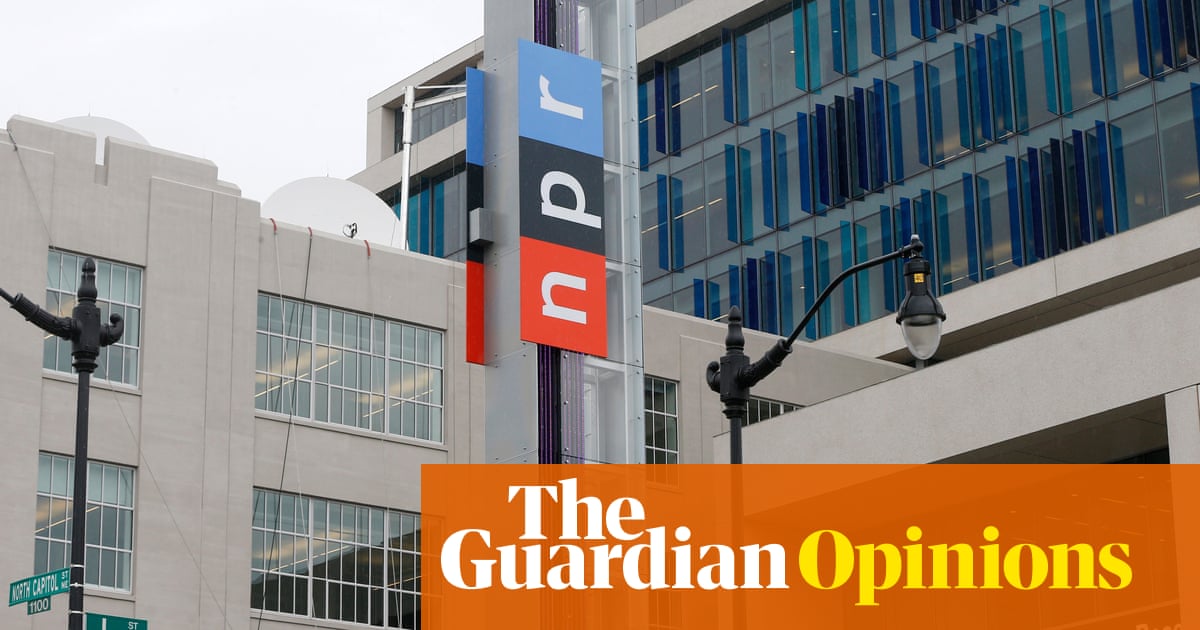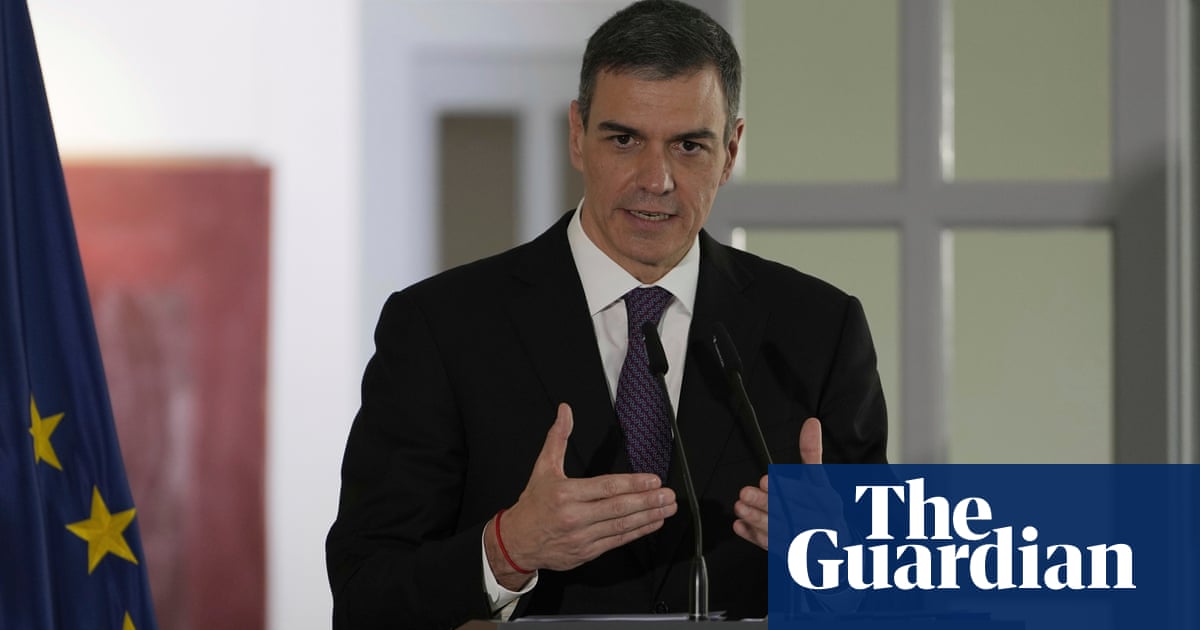On the gravel pathway of Aggie Chapman’s home in the village of West Deeping, a conversation about Lincolnshire’s upcoming elections suddenly shifted from opposition to a local quarry to worries about nuclear Armageddon.
“World politics is so frightening right now that it’s all very well worrying about what’s happening in our back garden – and yes we don’t want the quarry here – but it’s kind of insignificant if we end up going into world war three,” she told Conservative canvassers including the local MP, John Hayes. She mentioned the experience of her daughter, a nurse, during the pandemic as an example of global instability.
Minutes earlier, Hayes had confidently repeated the adage that “all politics is local” as he knocked on doors with Robert Waltham, an experienced local government leader who is the party’s mayoral candidate to head the newly created Greater Lincolnshire combined county authority.
Yet in doorstep conversations with Conservative voters such as Chapman there was a glimpse of shifting national political foment as the party faces a serious challenge from Reform UK for more than 1,600 government seats across England.

The mayoral race is a key bellwether, effectively a three-way between Waltham, Labour’s Jason Stockwood, who is a former chair of Grimsby Town football club, and Andrea Jenkyns, a former Conservative MP who defected to Nigel Farage’s party.
The GLCCA area covering Lincolnshire is almost England’s electoral map in microcosm, welding together traditionally Labour-leaning industrial towns such as Scunthorpe in the north with farmland and prosperous market towns to the south including Grantham, popular with London commuters.
In one of the most Eurosceptic parts of Britain, which already has one Reform MP in Boston, Richard Tice, Farage’s party should theoretically gain in Labour areas such as Grimsby and in Tory heartlands if his party’s “prime minister in waiting” spin has any foundation.
An Electoral Calculus poll for the Telegraph suggested that while Reform would capture all the council seats on the Lincolnshire coast, the Tories should retain control of the county council.
However, the Guardian understands that internal Conservative polling suggests the party is neck and neck with Reform in parts of Lincolnshire’s affluent south, where Kemi Badenoch’s party should be nailed on to win. In a contest where turnout is expected to be well below even last year’s general election – the second lowest in more a 100 years – historically more active rural voters could matter even more.

Some comfort for Badenoch can be found in Chapman and her neighbour Dominic Brownlow, Tory voters in West Deeping who endorsed Waltham’s track record in local government, while reflecting a residual distrust of Farage’s party. “He terrifies me – he’s just Trump with a British accent,” said Chapman.
Nevertheless, Reform has clearly been cutting through elsewhere, where an anti-net zero message it has been honing at a national level has found receptive ears across swathes of Lincolnshire where villages are at odds with large-scale plans to site solar farms and battery farms.
Jenkyns, whose other policies include a promise to cut supposed bureaucratic waste by introducing a Lincolnshire version of the “department of government efficiency” (Doge) led by Elon Musk in the US – has been campaigning hard up and down a corridor of villages and towns where plans for pylons and green energy infrastructure have met opposition.
They include the picturesque village of Scopwick, which local campaigners say faces being surrounded on three sides by solar farms.
“Pretty much as far as the eye can see you will just see solar panels and the opposition to that is overwhelming,” said Marc Williams, who is involved in running a campaign against the solar project in an area where anti-Labour sentiment runs deep.
“No one who I speak to would shed a tear if anything happened to Ed Miliband. He’s turned into a net zero zealot,” said Williams, who also castigated Dale Vince, the Labour donor behind solar farm projects elsewhere in Lincolnshire. But while he noted Tory opposition to the plans, like others he had long since left the party behind in favour of Reform.

Other variables also make the Lincolnshire mayoral and local elections unpredictable.
For example, how much of a fillip could Labour get from saving Scunthorpe’s steel plant? How much damage is being done to Jenkyns by Tory attacks on her for living in Leeds, the location of her former parliamentary constituency? Reform claims the allegations are “vexatious and politically motivated”, but she will face a statutory hearing into claims she is not eligible to stand.
“I have experience of actually running local government here and I live here, as my family has done for generations, whereas Reform have parachuted in someone,” said Waltham.
But local Conservatives are spooked. One Tory source said: “Reform have no meaningful ground operation or data, but they are pouring money in.”
They added: “Across Lincolnshire, Reform are polling at 60%. I don’t believe that but lots of activists and councillors are going into this thinking that this is an extinction-level event.
“There’s also a strain of thought which says the only way we can lance the boil of Reform is to let them control and screw stuff up. Now, they might not screw it up, but if that’s where we’re at it’s pretty desperate.”

.png) 3 hours ago
2
3 hours ago
2













































